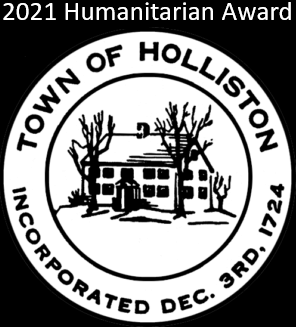- PTSD
- Domestic abuse
- Physical abuse
- Emotional abuse
- Sexual abuse
- Sexual assault
- Rape
- Military trauma
- Anxiety
- Depression
- OCD
Survivors of trauma have unique experiences of self-blame, shame, and guilt that outsiders don’t seem to understand. People may tell you that it wasn’t your fault. No matter the circumstances, abuse is never your fault. But it may feel impossible for you to believe that. People may tell you to move on, and that the past is in the past. You may experience what happened every day, whether it’s through dreams or flashbacks, and it feels as real as when it happened. Maybe you suspect that you are currently being abused, but are afraid to tell anyone. In our work together, you will find an empathic and nonjudgmental therapist who will help you pinpoint the underlying causes of your suffering and how to start feeling better.
- Change the beliefs you hold about your abuse or traumatic experience. Reassign blame away from yourself.
- Make any helpful changes in sleep, diet, and physical activity.
- Examine what beliefs and thoughts are rational, and which may be looked at through another lens.
- Learn to cope with the painful emotions that arise from your trauma or abuse.
- Determine if you are currently being abused and the next steps to take for removing yourself from the abuse.
Medication
Medication is not for everyone and as a psychologist, it is not my first line of defense. However, for many, medication is like being given a lifejacket when you are drowning. It saves you from sinking and lets you breath so you can begin to learn how to swim on your own. If you are drowning, it will be hard for you to learn the skills to “swim” in therapy. I do not prescribe medication, but I work with you to find a prescriber, whether it is your primary care doctor or a psychiatrist, and I will collaborate with that person.
For more on medication, see Medication Myths.








